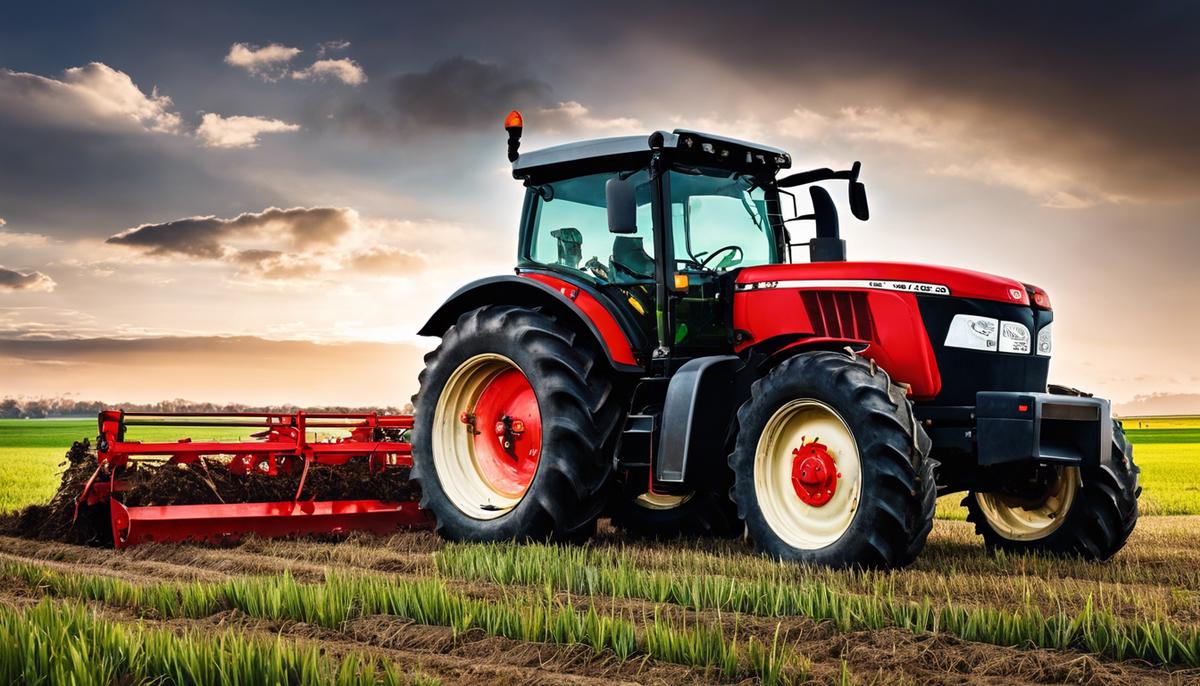

Agridisk
Egypt - Alexandria
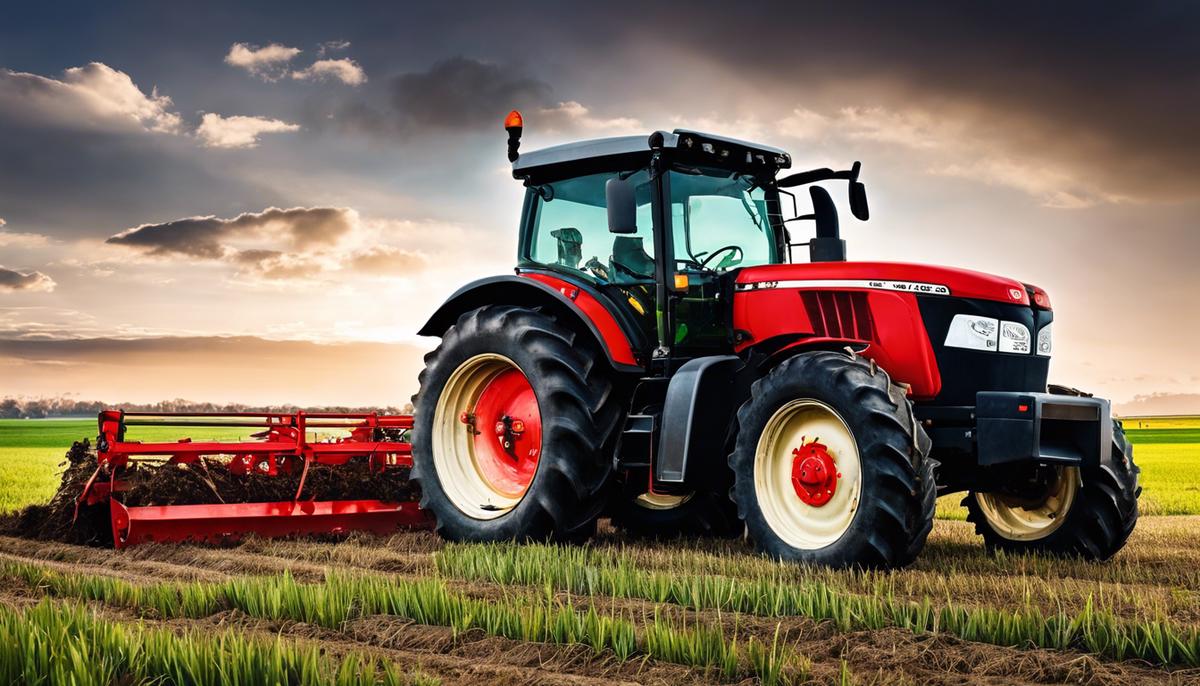
Typs of Tractors and Machinery and their uses for small business
Description: In the thriving landscape of small businesses, tractors, and machinery play a pivotal role, shaping the efficiencies and processes in sectors such as agriculture, forestry, and construction. This guide designed to bridge any knowledge gaps, revealing the fascinating world of tractors, their varieties, their functions, and their indispensable value to various businesses. Furthermore, it explores the revolutionary developments in farming techniques, employing advance machinery in precision and automated farming, thereby providing insights into cost analysis and financing options for acquiring such equipment. With an emphasis on maintenance, safety measures, and machinery lifespan, the objective of this guide is to fully empower small business owners at every stage of their business’ operation and growth. Don't be surprised - even tractors have found their way to the spotlight of high-tech business! As technology continues to accelerate and business models evolve across varied sectors, few would suspect that traditional industry mainstays – like tractors – could play a definitive role in small business success. But guess what? They truly do! Tractors, being at the heart of agricultural process, are turning out to be pivotal in agribusiness and thus drastically impacting small businesses across the globe. A tractor, at its simplest, is an efficient mechanical workhorse. However, in the wider context, the potential of this machine in transforming small agricultural businesses is massive! Tractors are not only enhancing the scale of operations but are also stepping into new dimensions of business value creation and innovation. We're talking efficiency, we're talking precision and most importantly, profitability. Investing in a good tractor can surely streamline operations. With reduced human intervention, production output can rise significantly. This means small farms can amp up their operations swiftly, yielding them more revenue - the perfect recipe for small business success. Now, let's take a step forward and think: tractors and technology. A mech-tech blend? Indeed, an interesting proposition! We are looking at the rise of smart and autonomous tractors. Fitted with GPS, AI, and sensor technology, these tractors ensure high-precision planting, weed control, and harvesting, among other tasks. What does this mean? Lower costs, less waste, and more profit! And now, let’s roll the lens towards the service industry. Tractors don't only support farming! Need to clear snow in the winter? Call a tractor. Need to haul heavy equipment? Call a tractor. This gives a great opportunity for small businesses to diversify their portfolio and expand their clientele. Besides, financing and lease options for tractors are now more accessible than ever. This lowers the barrier to entry for many small businesses, making way for a new wave of entrepreneurs ready to make their mark in the agribusiness landscape. Finally, let’s not overlook the networking and community building opportunities around tractor ownership. Tractor trade shows, online communities, and local events give small business owners innumerable chances to build relationships, exchange knowledge, and even find potential partnerships. So, here's the big picture – the humble tractor is proving to be a major player in the world of small business, offering them a swift, sustainable, and smart way to up their game. From saving cost and time, increasing output, offering diversification opportunities, to strengthening community bonds, tractors, without a doubt, are making business success more achievable. So if you're a small business, don’t underestimate the power of tractor – it could just be your ticket to success! Journeying into the world of tractors, one discovers an array of functions, features, and capabilities that have the power to revolutionize industries far beyond agriculture. Each type of tractor offers its own unique package of benefits, opening up a wealth of opportunities for the savvy business person looking to capitalize on their potential. Beginning with the classic, there's the traditional wheeled tractor, often the first thing that comes to mind when the term 'tractor' is mentioned. This machine is designed for a multitude of agricultural tasks such as plowing, harrowing, and pulling other agricultural tools. Their flexibility as basic, tried-and-true pieces of equipment make them invaluable in various settings, from small farms to large-scale agricultural operations. Then there is the crawler tractor or 'bulldozer', designed with a low center of gravity and track propulsion system for challenging, intermediate terrains. This tractor type is often leveraged for its robust stability and power, frequently observed in construction, mining, and heavy-duty clearing tasks. It's a go-to investment for enterprises requiring heavy lifting and nerve-wracking maneuverability. Stepping a level higher, we have the row-crop tractor. It's designed with high clearance that allows it to move over matured crops without being damaged. This high-profile design is cherished not only in agriculture, but also in the utility and municipal sectors, where businesses can repurpose them for tasks such as snow clearing and roadside mowing. Next up is the compact utility tractor, the 'Swiss Army Knife' of the tractor world. This small-sized, versatile machine is used across a range of industries – from landscaping to light construction, and even residential tasks. Thanks to its compact design and myriad attachment options, it’s the ideal choice for startups and small businesses looking for a multifaceted, affordable piece of equipment. Lastly, we explore the garden tractor, a smaller version of its agricultural counterpart. It fills a gap in the market for residential landscaping and hobby farming tasks – areas experiencing a surge in interest and growth, fueled by the rising trend of sustainability and farm-to-table living. Its compact design and ease of use make it attractive to homeowners and green entrepreneurs alike. While the functions of each tractor type are as varied as their designs and intended uses, all share a foundation in mechanization and innovation. They represent opportunities—to increase efficiency, to streamline workflow, and to break into new markets. They embody a uniting concept essential to all successful businesses: the power to do more with less. As we advance into the future, it's clear the mighty tractor, in its various forms, will continue to play a pivotal role in how businesses—both small and large—adapt, survive, and thrive in our ever-evolving economy. In this mechanized age, their influence is undeniable and their potential, simply limitless. Embrace the evolution and let the tractor take the wheel. Small businesses can level the playing field by wielding mechanization and advanced farming techniques in their operations. These technologies and approaches, once exclusive to mega-corporations and large-scale farmers, are now more accessible to the hands of small to medium enterprises (SMEs) – all thanks to the advent of more affordable and scalable solutions. Venturing into hydroponics and aquaponics presents vibrant opportunities for SMEs. Enclosed, soil-less farming systems offer a unique alternative to traditional farming due to their efficient use of space. SMEs can grow crops in urban environments, indoors, and upwards, as opposed to traditional farming that expands horizontally across vast lands. Combine this with advanced irrigation systems, set on a timer and with precise volumes, and the operation can truly take on a 'plant it and forget it' philosophy. Precision farming, another modern marvel, makes use of sensing technology to analyze the environment and make informed decisions. Sensors measure temperature, humidity, light levels, soil pH and nutrient content, among other variables. This data can then be analyzed and used to adjust cultivation methods and treatments, potentially leading to better yields and improved crop quality. Vertical farming has come to the fore as an innovative and sustainable method of food production, which may be particularly beneficial for SMEs in urban settings. This design allows more crops to be planted on a smaller land area, potentially reducing real estate costs and the impact on the environment. Autonomous robotics is yet another blossoming area ripe for harvesting, with professions like drone operators becoming increasingly significant in the agricultural sector. Drones, equipped with multispectral imaging, are used to track and manage crop growth, pest diseases, and irrigation issues. The data collected enables SMEs to enhance their planning and operational efficiency. Innovative SMEs can also tap into agricultural biotechnology and the cultivation of genetically modified organisms (GMOs). Thanks to scientific advancements, crops can now be engineered for improved nutritional content, resilience against pests and diseases, and adaptability to various climates. To recap, there's a plethora of smart farming techniques and mechanization tools that SMEs can employ. By embracing these technologies, small businesses could find themselves more competitive and perhaps more innovative than their larger counterparts, consequently reaping the fruits of their labor. A world where agriculture isn't solely dominated by the traditional farming methods isn't only within reach; it exists today and continues to evolve. The momentum is there, and for the bold and astute entrepreneur, the field has been plowed and is ready for sowing. With the myriad of possibilities offered by progressive tractor technologies, understanding the financial considerations becomes crucial for small business owners. The investment decision must go beyond the initial purchase cost, taking into consideration factors such as operational cost, maintenance, insurance, lifespan, and even resale value. Operating cost encompasses many elements including fuel, repairs, and regular maintenance. Opting for a tractor with low fuel consumption can lead to significant savings in the long run. Some modern tractors also offer features such as extended service intervals and self-diagnostic capabilities, which could reduce maintenance costs significantly. Maintenance is another key financial consideration. Regular servicing is necessary to ensure the longevity of the machinery, avoid costly repairs, and maintain its efficiency. Sourcing parts for older or less popular models can become costly and time-consuming. Hence, opting for brands with a wide service network could be a financially prudent decision. Insurance is often overlooked, but it is essential to protect against potential losses. Comprehensive insurance coverage can cover damages due to accidents, theft, and even natural calamities. While it does add to the ongoing cost, it provides an important safety net. Life span relates directly to how long the tractor will serve the business before it needs replacing. A higher upfront cost could actually translate to less expense over time if the machinery has a longer lifespan. It's important to seek out machinery with reliable long-term performance records. Lastly, resale value is another significant factor. Tractors with well-known brands, excellent condition, and low hours are likely to have better resale value. This adds a dimension of flexibility, allowing businesses to upgrade or switch machinery depending on evolving business requirements or advancements in technology. Small businesses can also explore financing options like loans and lease agreements. While loans necessitate a significant upfront payment and interest over time, leasing models typically involve regular payments in exchange for the use of machinery, with certain tax benefits. Lasty, government grants and subsidies must not be overlooked. Around the world, various programs exist to promote small businesses, particularly in the agricultural sector. These can significantly lessen financial burdens and should be thoroughly investigated. Armed with an understanding of these financial considerations, small businesses can confidently navigate the processes of purchasing machinery, laying the groundwork for increased productivity, innovation, and profitability. And remember, an investment in machinery isn't just a financial decision; it's a strategic move that can help businesses stay competitive in today's evolving economy. With the right knowledge and resources, every small business can make machinery purchases work to their own unique advantage. Post-Purchase Tractor Maintenance: The Key to Boosting Business Efficiency and Longevity Having embraced the vast capabilities of advanced tractors and their game-changing role in modern agricultural business, the focus now shifts to maximizing the return on investment, primarily through efficient after-purchase upkeep. A well-maintained tractor is a powerful tool; it extends machinery lifespan, reduces downtime, enhances safety, and optimizes operational efficiency. It is the bedrock of long-term business growth and stability. Primarily, making tractor maintenance a routine rather than an afterthought is the golden rule. Regular upkeep detects minor issues before they snowball into major, costly ones and dramatically enhances the machine's longevity. If properly serviced, tractors can stay operationally fit for up to 15,000 hours, a breathtaking statistic that can revolutionize business bottom lines. The reasons are clear - a tractor in robust health optimizes fuel consumption, faces fewer breakdowns, and ensures jobs are completed timely and smoothly. Hence, every nuance in engine noise, any drop in performance, or a subtle difference in the handling must be met with immediate attention and remedial action. Further, the heart of maintenance protocols lies in meticulous record-keeping. Recording maintenance history, fuel usage, and hours of operation contributes to effective servicing and early fault detection. Moreover, it enhances resale value, a crucial factor for businesses with plans for regular equipment upgrades. However, the sphere of tractor maintenance extends beyond the machinery itself. It involves the safety of those operating it. Implementing effective safety protocols like operator training, usage of protective gear, and regular machine status updates are non-negotiable. After all, a safe work environment is a productive one. In addition, digital technologies have entered the fray bringing forward predictive maintenance. Advanced tractor models, armed with IoT sensors and AI, can predict potential failures enabling proactive measures. This technology helps to avoid downtime substantially, which has a prominent influence on operational efficiency and profits. Last but not least, it is vital to consider insurance coverage. Select plans that account for the unique risks involved in using heavy machinery. While this adds to operational costs, it significantly mitigates potential losses related to unexpected breakdowns or accidents. To steer a tractor-driven business to success, it is not enough to merely purchase the most advanced tractor. The post-purchase journey, marked by a dedication to maintenance and safety protocols, commands equal, if not more, significance. It is the secret behind the curtain, the uncelebrated hero in the narrative of successful agricultural business. Take this advice to heart, as it serves as the compass to navigate the challenging yet rewarding entrepreneurial voyage in the tractor-powered modern agriculture sector. Ultimately, understanding the machinery at our disposal; their varied types, roles, and their impact on different businesses, is crucial for any small business across various sectors. The profound benefits of mechanization and advanced farming techniques cannot be understated as they bring about a revolution in this age. Yet, such advancement comes with financial implications, making it essential for stakeholders to be conversant with optimal financing options. Notwithstanding the relevance of these machines, their lifespan and safety are largely dependent on regular maintenance, a factor that is critical for operational efficiency and profitability. With this comprehensive guide, it's hoped that you, as a small business owner, are now well-equipped to make informed decisions concerning machinery that will propel your enterprise to greater heights.Typs of Tractors and Machinery and their uses for small business
Understanding the Role of Tractors in Small Businesses
The Role of Tractors in Small Business Success: A Game Changer in Today's Agribusiness Landscape
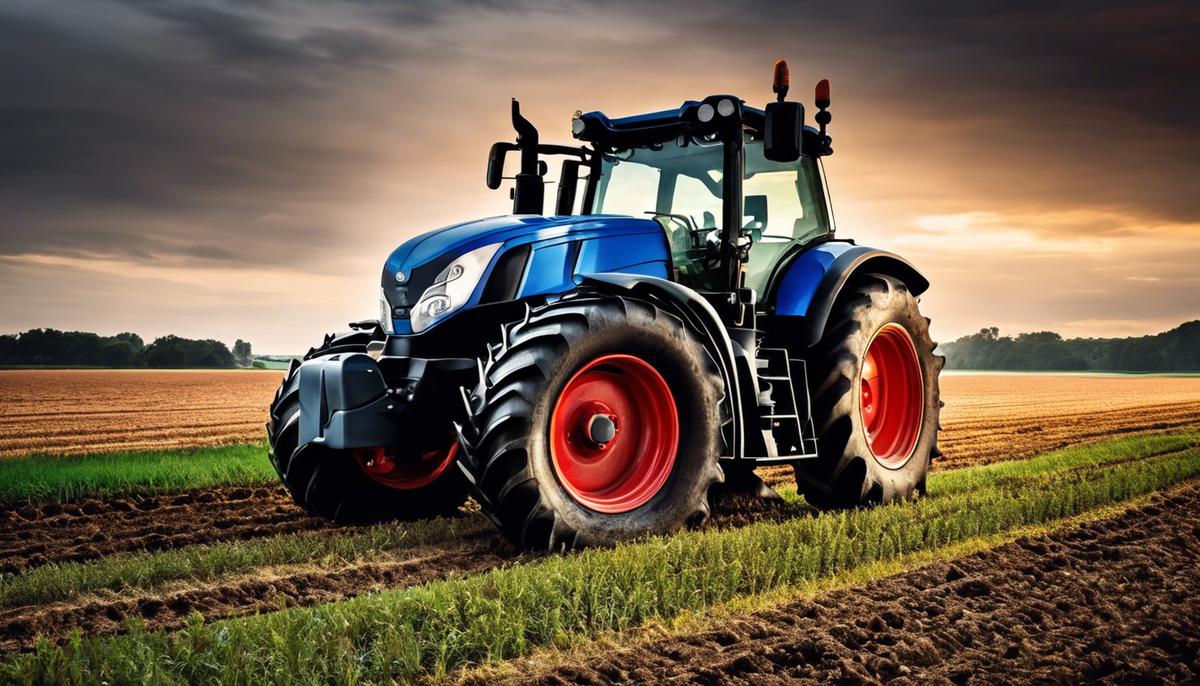
Exploring the Varieties of Tractors and Their Functions
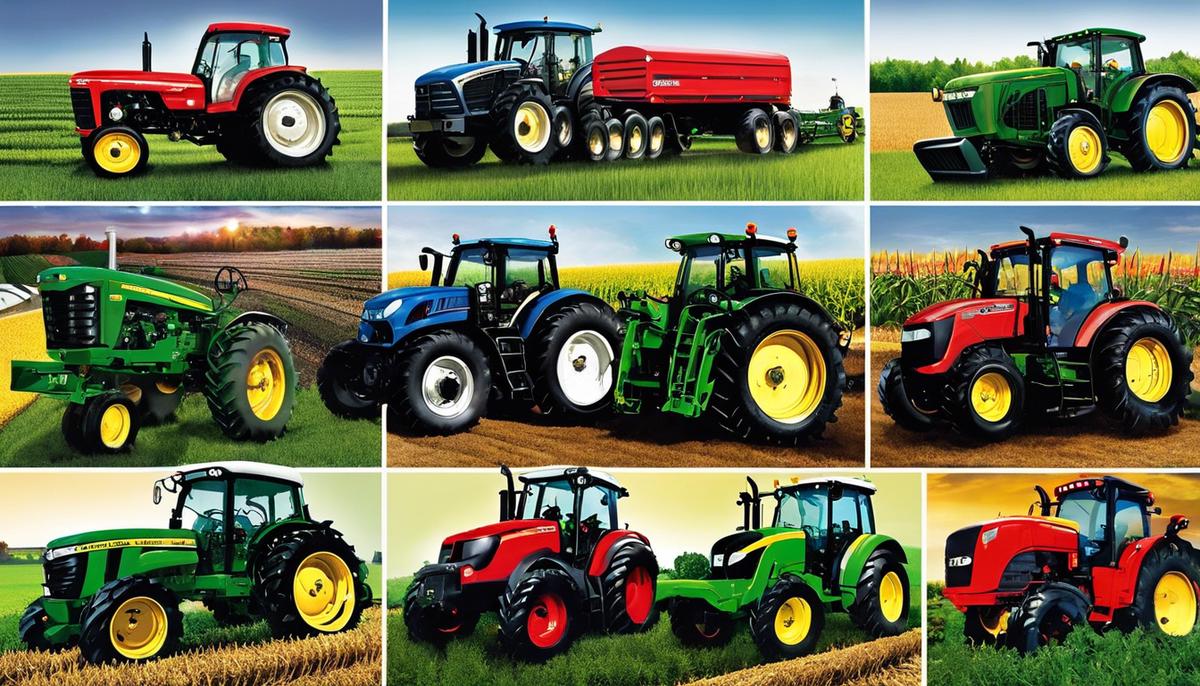
Mechanization and Advanced Farming Techniques
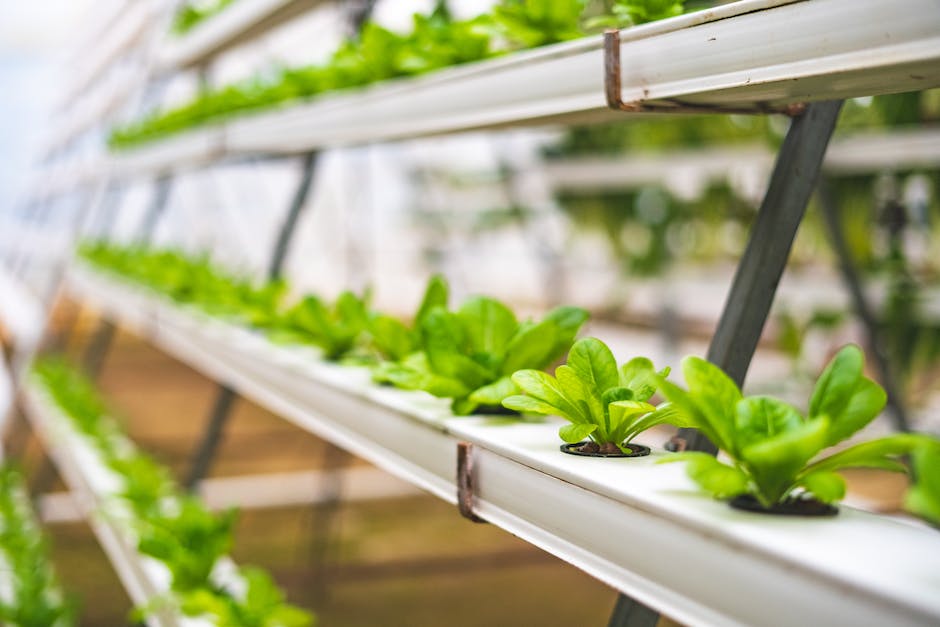
Cost Analysis and Financing Options for Machinery
The latest trends and advancements in agriculture and farming
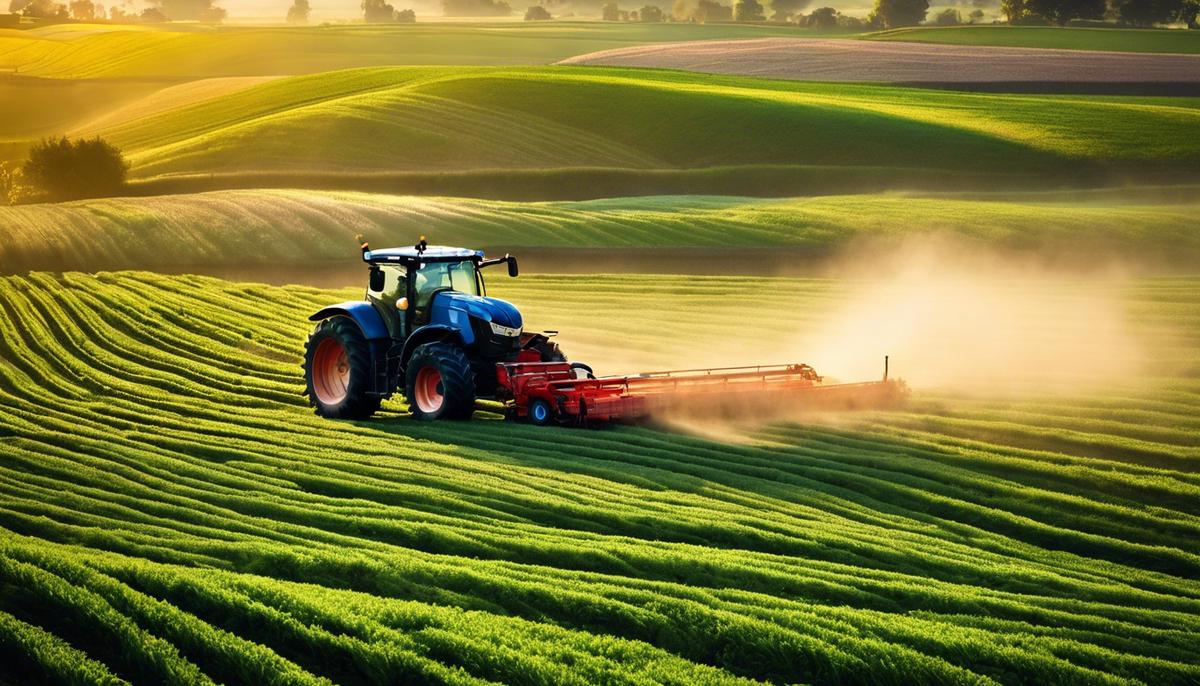
Maintenance, Safety, and Machinery Lifespan
